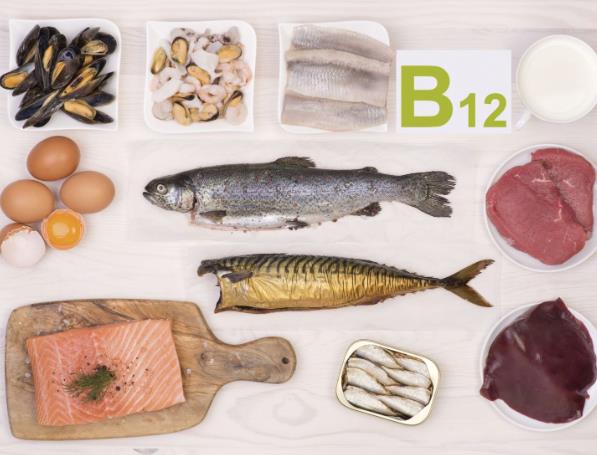68-19-9

SAFETY INFORMATION
| Signal word | Danger |
|---|---|
| Pictogram(s) |
 Flame Flammables GHS02  Skull and Crossbones Acute Toxicity GHS06  Health Hazard GHS08 |
| GHS Hazard Statements |
H225:Flammable liquids H370:Specific target organ toxicity, single exposure |
| Precautionary Statement Codes |
P210:Keep away from heat/sparks/open flames/hot surfaces. — No smoking. P260:Do not breathe dust/fume/gas/mist/vapours/spray. P280:Wear protective gloves/protective clothing/eye protection/face protection. P311:Call a POISON CENTER or doctor/physician. P301+P310:IF SWALLOWED: Immediately call a POISON CENTER or doctor/physician. |
PRODUCT INTRODUCTION
Description
Vitamin B12, or cobalamin, is an essential vitamin that your body needs but cannot produce. It plays an essential role in red blood cell formation, cell metabolism, nerve function, and the production of DNA, the molecules inside cells that carry genetic information. Food sources of vitamin B-12 include poultry, meat, fish, and dairy products. Vitamin B-12 is also added to some foods, such as fortified breakfast cereals, and is available as an oral supplement. Vitamin B-12 injections or nasal spray might be prescribed to treat vitamin B-12 deficiency. Vitamin B-12 deficiency is not common in the U.S. However, people who follow a vegetarian or vegan diet might be prone to deficiency because plant foods do not contain vitamin B-12. Older adults and people with digestive tract conditions that affect the absorption of nutrients are also susceptible to vitamin B-12 deficiency.
